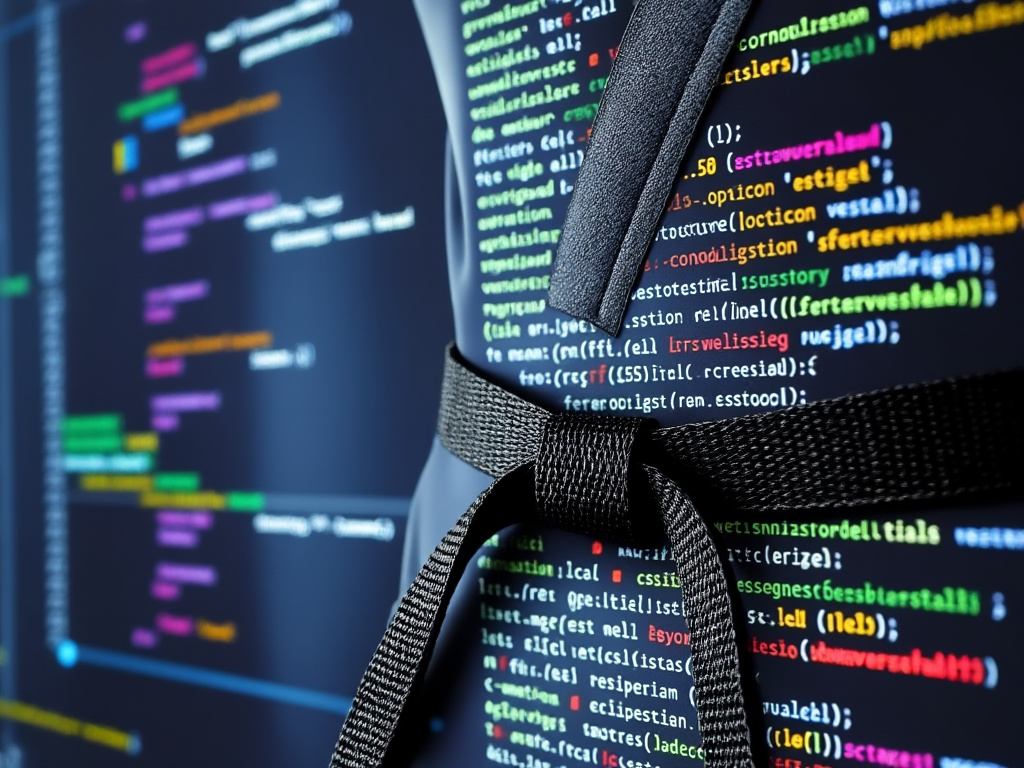Self-development, software engineering
Applying Jiu-Jitsu strategies at work
I am very sportive and see sports as a way to energize my busy life. A while ago, I started with Brazilian Jiu-Jitsu and got really hooked. This journey has not only transformed my physical fitness but has also reshaped how I approach challenges off the mat, making me a better person overall. Here are a couple of ways Jiu-Jitsu helps me in my professional life.

Attention to details
One of the basic moves in Jiu-Jitsu is the closed guard position, where you wrap your legs around your opponent to restrict their movements. I failed to execute this move effectively because I overlooked crucial details like not positioning my body correctly or not grabbing his GI which allowed my oppononent to bypass my guard. Omitting these details comes at a cost and sets you back in a fight. The same principle applies in my profession. When helping organizations develop exciting products, excellence plays a significant role in success. Companies can lose their competitive edge, introduce defects into products, and miss potential opportunities when not paying attention to details.
Respect for hierarchy and experience
When entering the mat, you first greet the teacher, followed by the black belts, brown belts, and so on. This is a form of respect for those who have achieved mastery in the sport and have extensive experience. In the past I did not always see the need for a hierarchy but now I see the importantce of it. When there is a clear chain of command and respect, organizations become more efficient in decision-making. Furthermore, accountability is enhanced because employees know whom to report to and where to seek mentorship and guidance.
Constant repetition
Repetition in Jiu-Jitsu builds muscle memory; moves like escapes, submissions, and transitions need to become second nature. By constantly applying these moves during sparring, practitioners prepare for scenarios where thinking time is limited. In software engineering, constant practice is essential to keep skills sharp and to develop solutions to common problems. For example, code katas or puzzles are excellent methods to master coding. I also apply an iterative improvement process to my code. By making small refactorings, optimizing algorithms, and enhancing the architecture, the application continuously improves.
Overcoming barriers
Jiu-Jitsu is tough for beginners; you need to overcome fear, physical pain, and discomfort. I can't count the number of times I failed at executing a move, had to tap out during a fight, or got physically injured during training. But each scar made me better, and I learned something from every experience. As a senior developer, I've also collected many 'scars' by breaking production apps, writing bad code, and experiencing slow progress due to not understanding a library or API. Just like in Jiu-Jitsu, I see each mistake or failure as a learning opportunity, applying the insights gained to become better. However now I write down the learnings and take time to reflect and adjust my strategy to solve the problem. I became more disciplined and resilient when encountering tight deadlines or complex production bugs.
Patience
Recently, I fought a blue belt (one belt higher than me) and was forced to tap out four times during the fight. I was seemingly frustrated. My teacher smiled and said, 'You've only been training for two months; he's been practicing for almost three years.' I then realized my impatience had gotten the better of me, and I needed to accept that getting better is a slow and disciplined process. During my career, I often face periods where progress feels slow, and I feel stuck on a problem. At the times I even got frustrated, when fighting I learned that the key is to keep trying and not get caught in impostor syndrome. If you're stuck, take a deep breath, start over, or seek help from more experienced people.
To conclude I can recommend everyone to practice martial arts as it makes you stronger physicall, mentally and sharper at the work place.